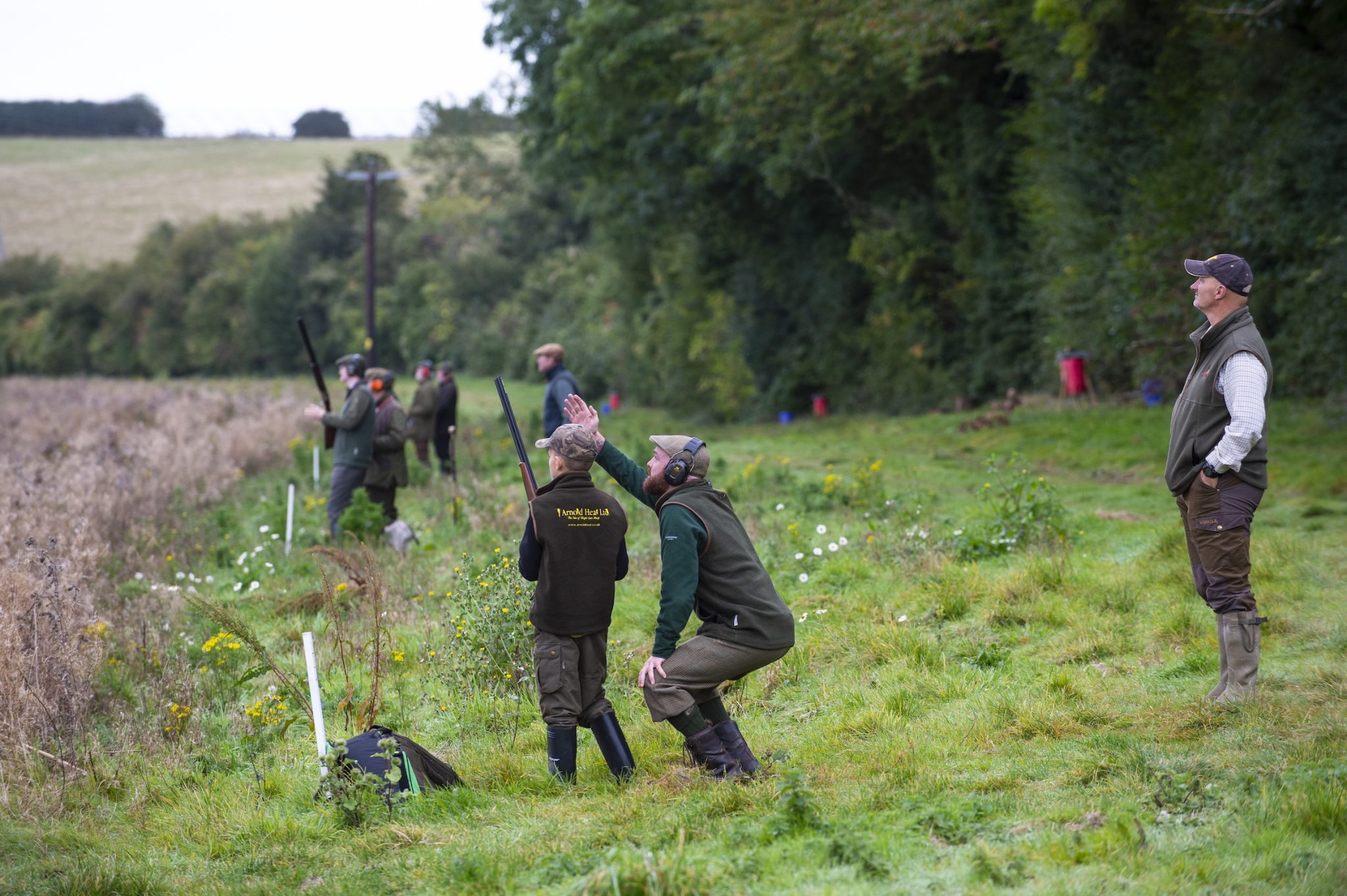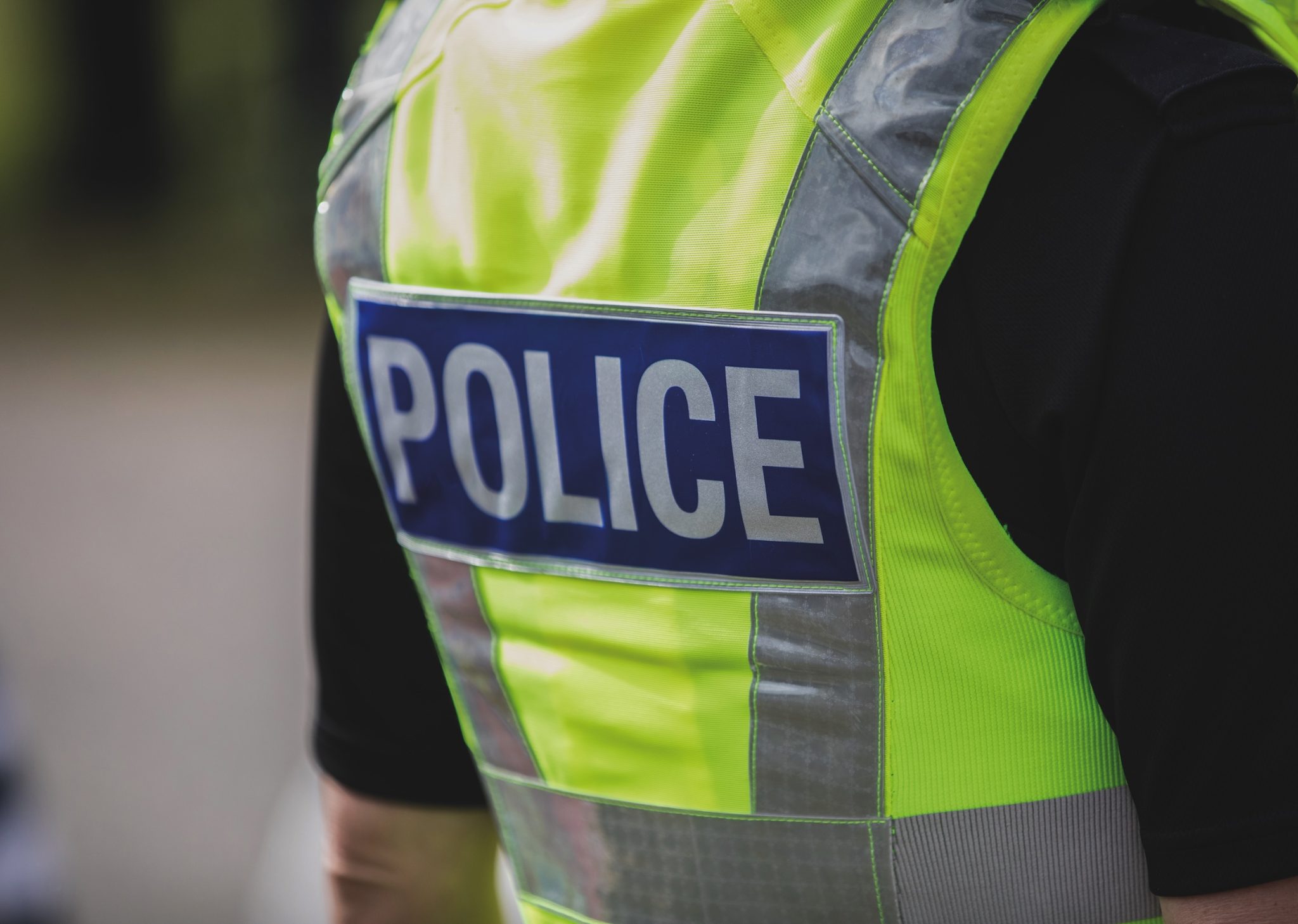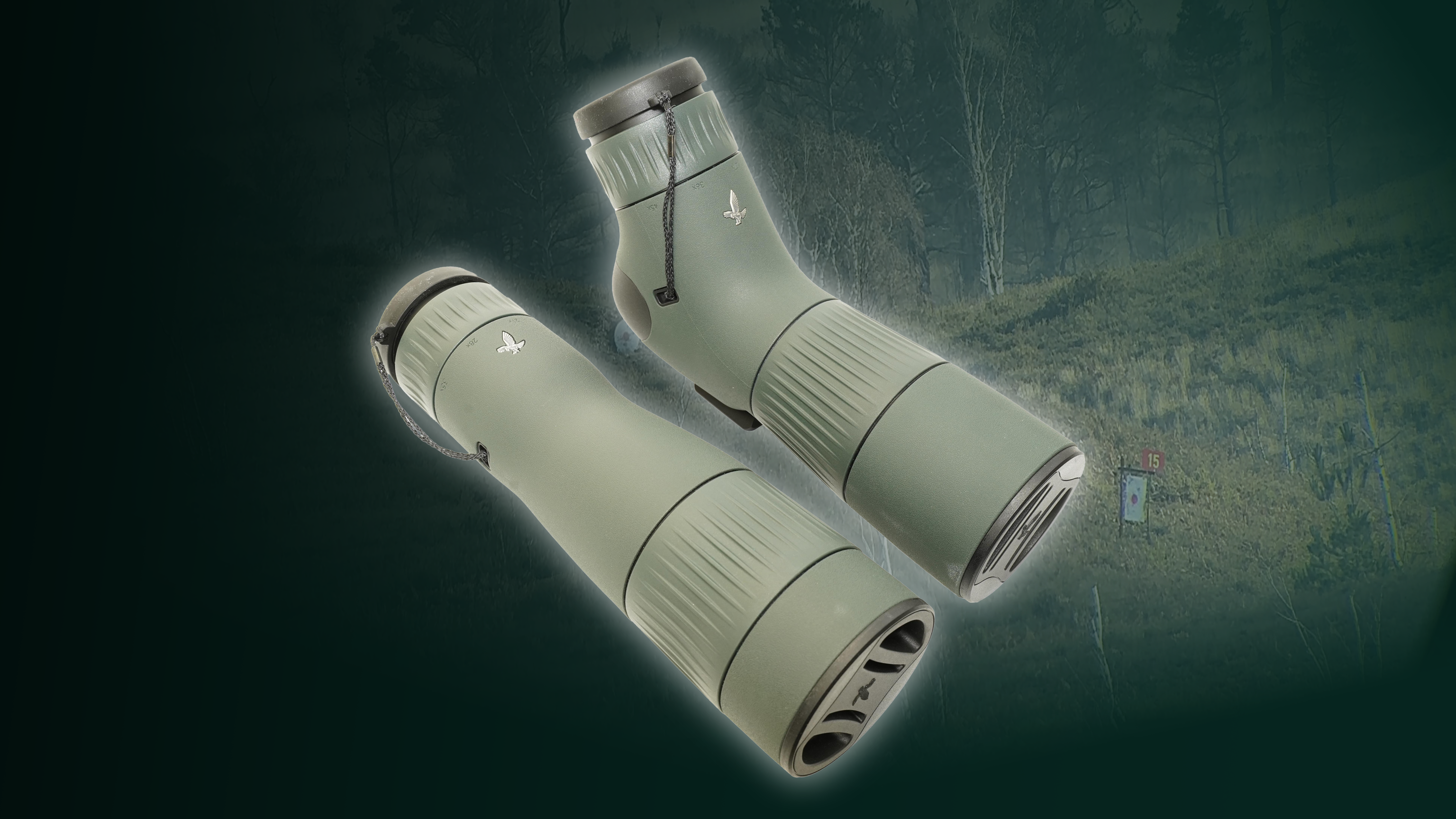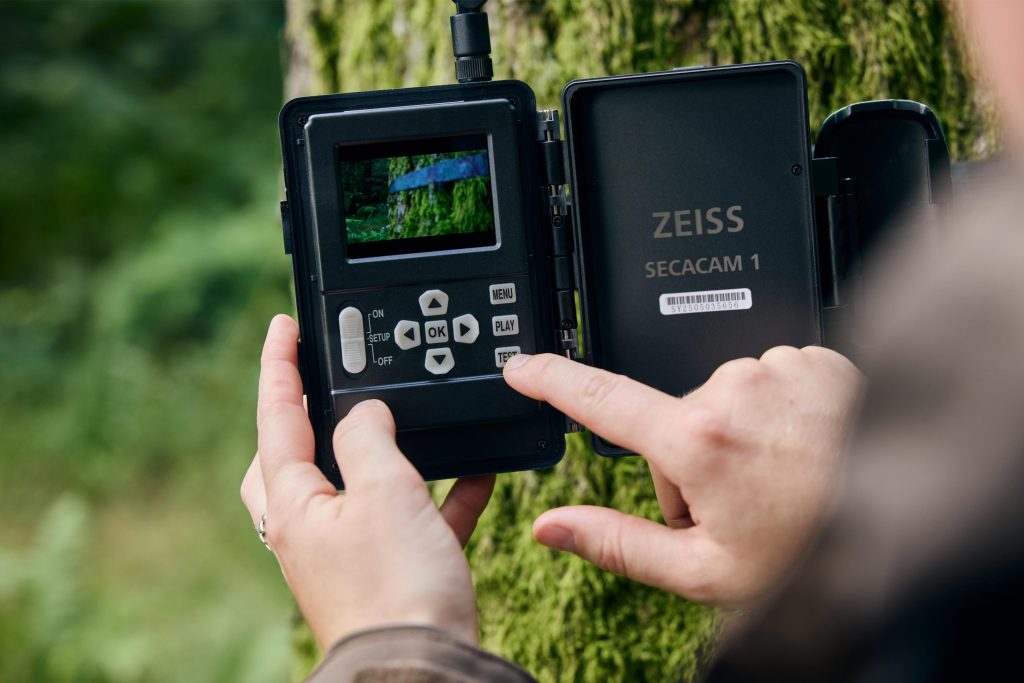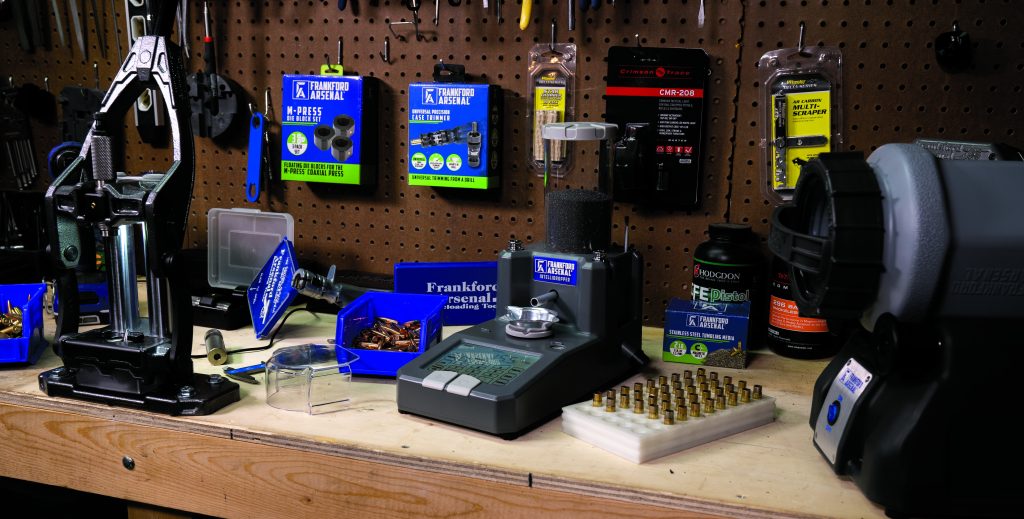The countdown is on for The British Shooting Show – book tickets online today and save on gate price!
What to feed your dog on a shoot day
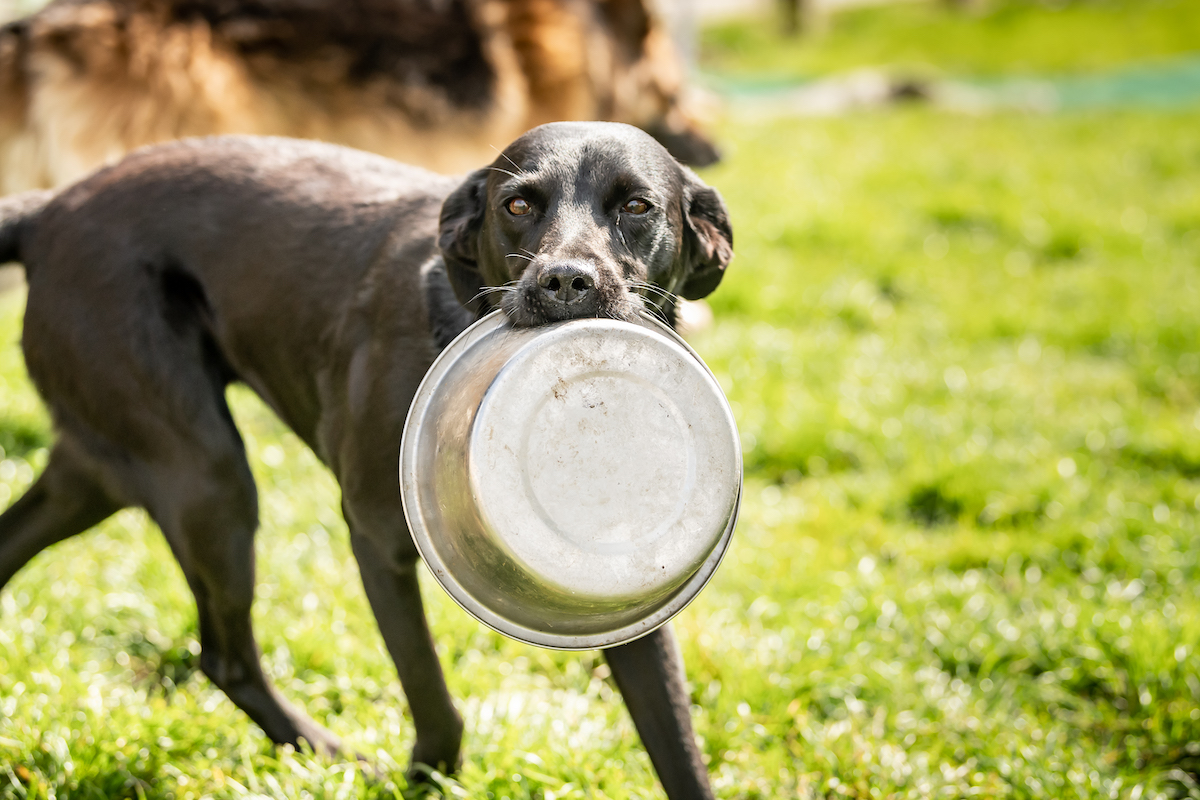 feeding dogs
feeding dogs
When you think about it we ask an awful lot of our gundogs. We expect them to work hard during the coldest and wettest time of the year, we expect them to thrash through thick unyielding bramble, we expect them to swim in freezing lakes and rivers and we expect them to do all this whilst maintaining a high level of drive and enthusiasm. There is no doubt our gundogs are canine athletes of the highest order but how many of us give careful consideration to their feeding regime both before and during the shooting season?
Building-up reserves
In the first instance we need to understand that a dog doesn’t rely on what it has eaten on the day for its energy requirements but they use reserves stored in their bodies. Therefore it is important that you should plan to build up those reserves in the run-up to the shooting season by appropriate feeding. Another factor to take into consideration is what and how much work your gundog is going to do during the season. A dog that is going beating once a week will probably not need much, if any increase in food. However a dog that is working four or five times a week may need a significant increase not only in volume of food but also the quality of food. Many of us will have witnessed a hardworking gundog that loses condition during the season; in fact I have even witnessed dogs losing condition during the day, especially if it is cold and wet and the dog has not only had to pull on its reserves to do its work but also to keep warm.
Preparation
Preparation is the key. During the summer months many gundogs will have been fed on a “resting” food, one that is normally lower in protein. At this time of the year the dog’s energy requirements are obviously lower than during the shooting season. However, two to three months prior to the commencement of the season the responsible gundog owner will begin a fitness programme to get the dog ready for the rigours that it will face in the coming months. Physical exercise as well as a gradual change in the quality of the food will start the process of building up muscle, strengthening ligaments and tendons and laying down those all- important reserves of fat. It should be stressed that no dog should be overweight, but equally if the dog is too lean it will have no reserves to pull on when working hard.
“Should I feed my dog before a day’s shooting?” is a question that is often asked and there are varied points of view on the subject. Personally I like to give my dogs a slightly bigger meal the evening before a shoot day and in the morning I give them half of their normal rations but I always make sure this is at least three hours before they are due to start working. During lunchtime I also give them a little snack and in more recent years I have been using specifically designed canine energy bars which the dogs seem to appreciate. At the end of the day they get a slightly larger meal to help replenish their body reserves. I much prefer to operate a maintenance feeding regime rather than trying to chase the dog’s condition…prevention is better than cure.
Water
One aspect that cannot be overlooked in a dog’s diet is the importance of water, especially on a shoot day. Dehydration can have a significant effect on a dog’s performance and therefore it is important that they have access to clean water during the day. Do not rely on puddles that may contain chemicals that have run off from adjacent fields. The old adage “What you put in…you will get out” certainly applies and a simple rule of thumb is “preparation equals performance”.
Related Articles
Get the latest news delivered direct to your door
Subscribe to Shooting Times & Country
Discover the ultimate companion for field sports enthusiasts with Shooting Times & Country Magazine, the UK’s leading weekly publication that has been at the forefront of shooting culture since 1882. Subscribers gain access to expert tips, comprehensive gear reviews, seasonal advice and a vibrant community of like-minded shooters.
Save on shop price when you subscribe with weekly issues featuring in-depth articles on gundog training, exclusive member offers and access to the digital back issue library. A Shooting Times & Country subscription is more than a magazine, don’t just read about the countryside; immerse yourself in its most authoritative and engaging publication.



